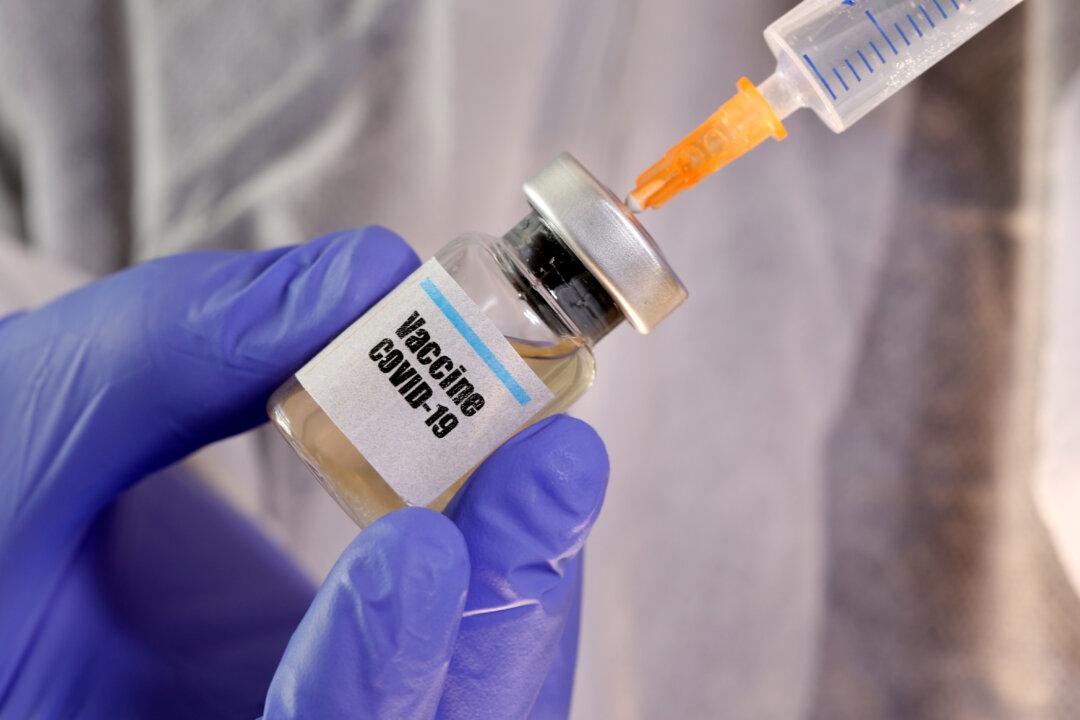Clinical trials have resumed in Britain for the CCP virus vaccine being developed by AstraZeneca and Oxford University, the company said on Saturday, following a suspension earlier in the week after a study subject fell ill.
A British regulator confirmed that it is safe to proceed with the late-stage trials of the vaccine, one of the most advanced in development, AstraZeneca said in a statement.






